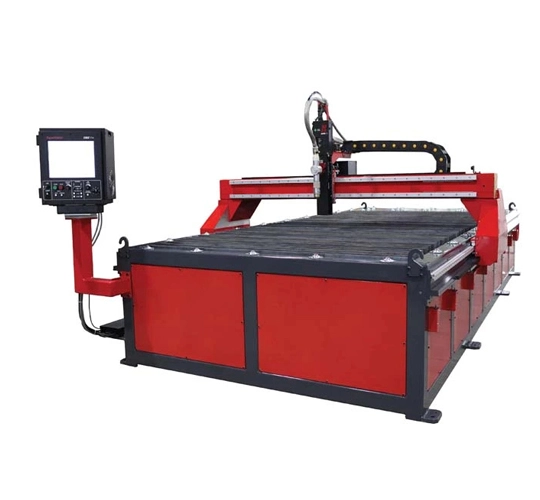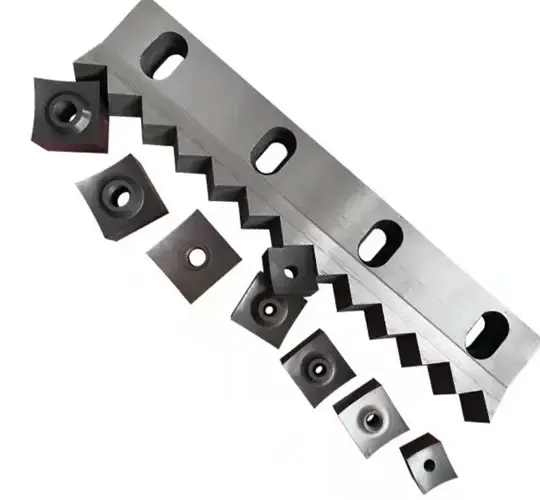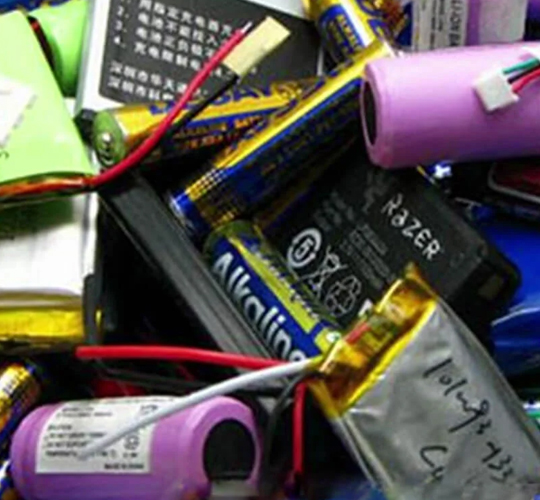In the ever-evolving world of metal fabrication, efficiency and sustainability are becoming top priorities. When choosing between electric and hydraulic press brakes, one factor stands out: energy consumption. Electric press brakes are significantly more energy-efficient than their hydraulic counterparts, offering substantial savings in high-volume production environments. Beyond energy efficiency, electric models provide additional benefits in speed, precision, and maintenance. This blog explores how electric press brakes work, their energy-saving potential, and why they’re a smart choice for modern manufacturers.
How Electric and Hydraulic Press Brakes Work
The fundamental difference between electric and hydraulic press brakes lies in their power systems. Hydraulic press brakes rely on pumps and motors to generate and maintain pressure, which requires continuous energy consumption, even when the machine is idle. This constant power draw can significantly increase operational costs, particularly in facilities with high uptime. In contrast, electric press brakes utilize servo motors that activate only during the bending process. By consuming power exclusively when needed, electric models eliminate wasteful energy use, making them a more efficient choice for manufacturers aiming to optimize their operations.
Energy Efficiency and Cost Savings
Electric press brakes offer remarkable energy efficiency, which translates to both cost savings and environmental benefits. According to North South Machinery, electric press brakes can reduce energy consumption by up to 80% compared to hydraulic systems. This significant reduction is particularly impactful in high-volume production environments, where machines operate for extended periods. By lowering energy usage, electric press brakes not only decrease operating costs but also contribute to a reduced carbon footprint, aligning with the growing demand for sustainable manufacturing practices. For businesses looking to improve their bottom line and environmental impact, the energy efficiency of electric press brakes is a compelling advantage.
Reduced Maintenance Requirements
Maintenance is another area where electric press brakes shine. Hydraulic press brakes rely on a complex system of hydraulic fluid, seals, and hoses, which require regular inspections and upkeep to prevent leaks and ensure optimal performance. These maintenance demands can lead to downtime and additional costs. Electric press brakes, with fewer hydraulic components, require significantly less maintenance. The simplicity of their design reduces the need for frequent checks and repairs, allowing manufacturers to maintain consistent production schedules and allocate resources more effectively.
Additional Benefits of Electric Press Brakes
Beyond energy efficiency and lower maintenance, electric press brakes offer several other advantages that enhance their appeal. They deliver superior speed, enabling faster cycle times that boost productivity in high-demand settings. Their precision, driven by advanced servo motor technology, ensures accurate and repeatable bends, which is critical for industries requiring tight tolerances. Additionally, electric press brakes often incorporate higher levels of automation, reducing operator intervention and minimizing the risk of errors. These combined benefits make electric press brakes a versatile and efficient choice for a wide range of metal fabrication applications.
Electric press brakes represent a significant advancement in metal fabrication technology, offering unmatched energy efficiency, reduced maintenance, and enhanced performance compared to hydraulic models. By consuming power only during the bending process, they can save up to 80% in energy costs, making them an ideal choice for high-volume production and environmentally conscious manufacturers. With added advantages in speed, precision, and automation, electric press brakes are a forward-thinking investment for businesses aiming to optimize efficiency and sustainability. For manufacturers seeking to stay competitive in a rapidly changing industry, transitioning to electric press brakes is a strategic move that delivers both economic and environmental rewards.
 English
English 日本語
日本語 한국어
한국어 français
français Deutsch
Deutsch Español
Español русский
русский Türkçe
Türkçe português
português العربية
العربية Polska
Polska हिंदी
हिंदी Indonesia
Indonesia



